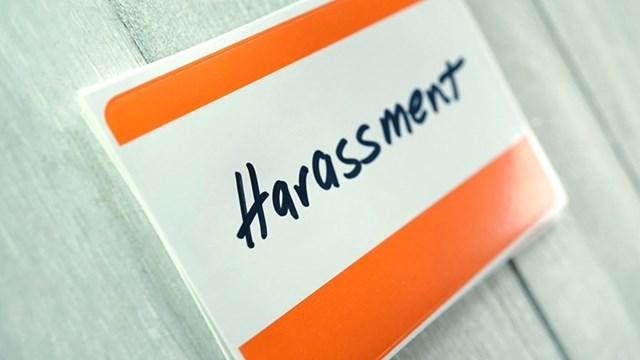
Q “I am all for security in residential buildings, but it raises the issue of
privacy. Our condo has about 40 apartments—half of which are condos, while the other half are rent-controlled apartments.
The board just recently put cameras in the building’s common areas, which I understand and could support, but they’re installing as many as three cameras on every floor. These cameras are set up
so they can see who is going in to the apartments on each floor, and this seems
invasive to me. Does a condo board have the right to scan unit owners’ or rental tenants’ visitors? These cameras don’t look into the apartments, but are able see who is going in and out of each
unit. Like I said, I am all for security, but how far should it go?
—Displeased Unit Owner
A “There is an inherent tension between security and privacy. The writer seems to recognize this, but is concerned that the board’s decision to install cameras was overbroad, in the sense of too many cameras
aimed at unit doorways, not that it was fundamentally improper,” says attorney R. Bruce Freeman, with the New Jersey-based law firm of Woehling & Freeman, LLP. “The landmark case of Hidden Harbour Estates v. Norman, decided in Florida in
1975, which is widely quoted with approval since then in many other
jurisdictions, addresses this tension by stating that ‘inherent in the condominium concept is the principle that to promote the health,
happiness and peace of mind of the majority of the unit owners since they are
living in such close proximity and using facilities in common, each unit owner
must give up a certain degree of freedom of choice which he might otherwise
enjoy in separate, privately owned property.’ Condominium unit owners comprise a little democratic sub-society of necessity
more restrictive, as it pertains to use of condominium property, than may be in
existence outside the condominium organization. The Declaration of Condominium involved herein is replete with examples of the
curtailment of individual rights usually associated with the private ownership
of property.
“Legally, the decision to install security cameras in common areas would be protected generally from judicial scrutiny under the business judgment rule, which says that board decisions that are (1) within areas committed to the board’s control by the governing documents, and (2) are not the product of self-dealing, over reaching or unconscionability, will not be second guessed by a court. As stated in Hidden Harbour Estates, each condominium is a “little democratic sub-society,” wherein operating policies such as this are typically only changed through the political process, by electing a different board.”






Leave a Comment